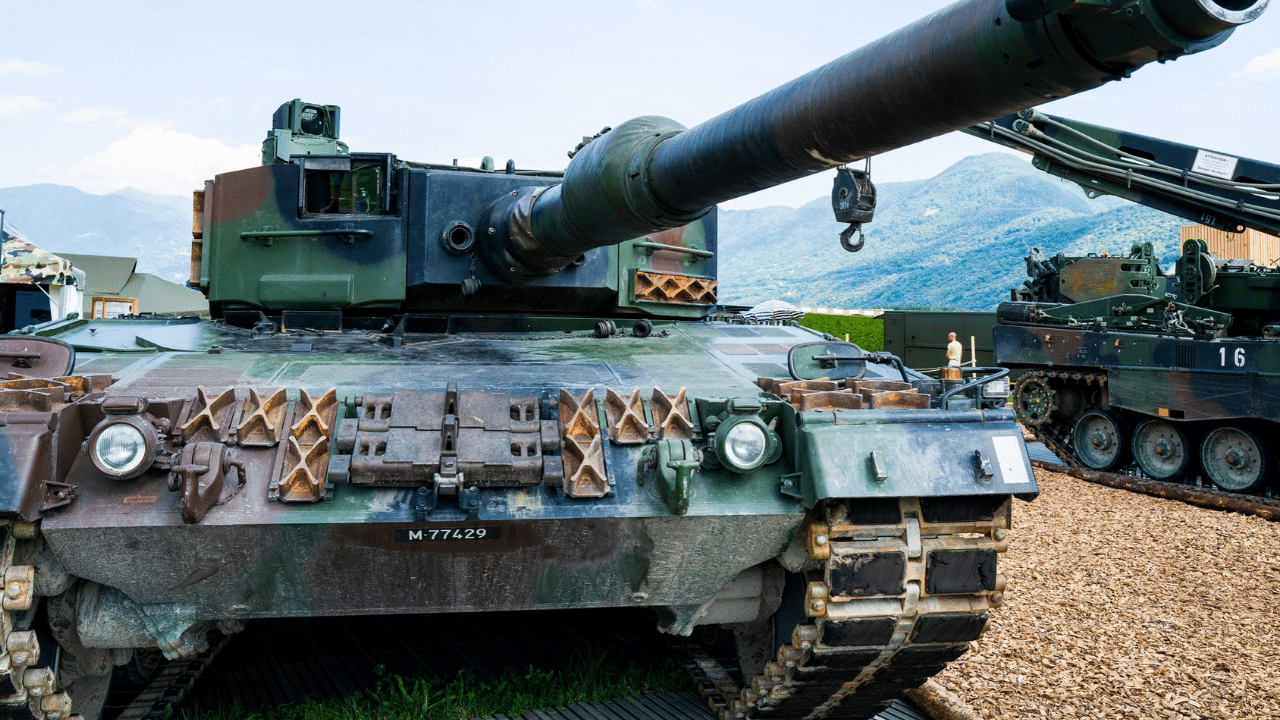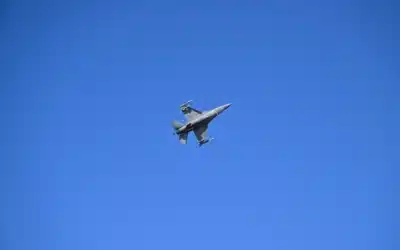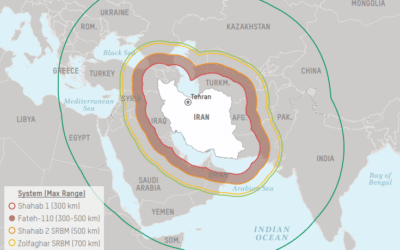In a move which will surely garner censures from Bern’s European allies, Switzerland has vetoed a plan to send roughly 100 mothballed German-made Leopard 1 battle tanks to Kiev, citing its neutrality laws. This decision comes as Ukraine’s long awaited counteroffensive has netted substantial losses in armored vehicles.
Swiss arms maker Ruag AG requested a license earlier this year to sell the 96 non-operational tanks, stored in Italy, to Germany’s Rheinmetall. The tanks would then have been refurbished and sent to Ukraine, with Berlin’s backing. Seven years ago, the tanks were procured from the Italian military as part of a private transaction with Ruag.
The Swiss government made clear the proposed transaction would be “inconsistent with applicable law.” Bern has come under criticism from its allies in Europe, who want the alpine nation to support Kiev’s war effort, including allegations that it maintains an overly restrictive interpretation of its long-held and cherished neutrality policy.
On Wednesday, Switzerland’s Federal Council, the seven-person executive arm of the Swiss Confederation, declared it “has concluded that the sale of the 96 tanks is not possible under [Swiss] law as it stands. In particular, such a sale would contravene the War Materiel Act and would result in a shift from Switzerland’s policy of neutrality.”
Financial Times describes this announcement as consistent with previous rulings as well as “the single most consequential veto, in terms of lost military potential for Ukraine, that Bern has wielded.”
Washington and its partners, including Berlin, have pressured Bern over its lack of material support for Ukraine’s proxy war with Russia. In March, US Ambassador to Switzerland Scott Miller warned that, as a result of its intransigent position, the country faces a dire political crisis. The French ambassador also lashed out, saying Switzerland’s stance constitutes “a problem for Europe.”
Last fall, Bern adamantly refused to give Berlin its required permission to provide Kiev with outmoded Swiss-made anti-aircraft rounds. The munitions are held in Germany’s military stocks.
Opinion polls indicate that a majority of voters favor a more indulgent policy when it comes to sending Ukraine weapons. There are members of parliament, in both houses, who are looking for ways to circumvent or adjust the existing laws. The Swiss defense minister is also promoting a change in policy but is at odds with the other members of the Federal Council.
Swiss President Alain Berset has strongly denounced any efforts to send Kiev arms for its war, proclaiming “warfare is not part of the Swiss DNA.”

































